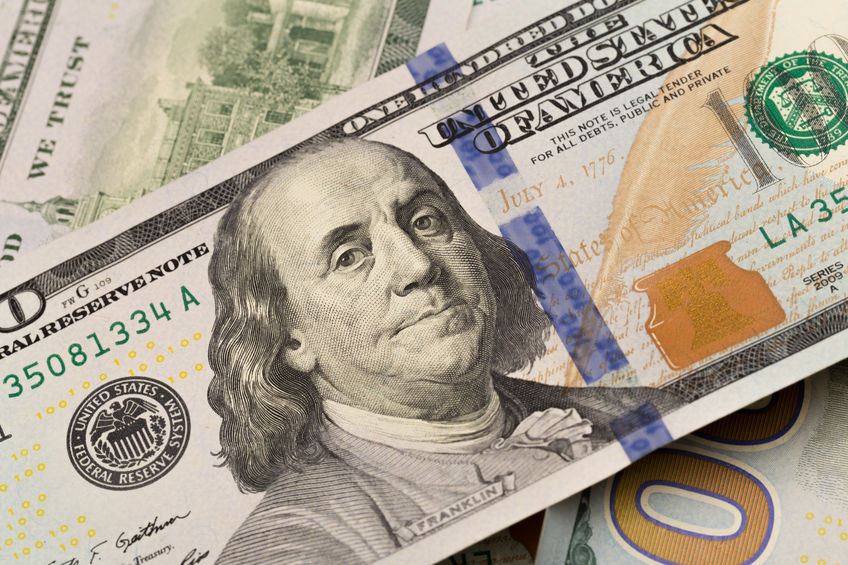 “Do not save what is left after spending, but spend what is left after saving” – Warren Buffett.
“Do not save what is left after spending, but spend what is left after saving” – Warren Buffett.
What was the first financial advice you ever learned? If you’re like most people, it was why saving is important. When you think about it, how hard can it be to put aside part of your monthly income? Well, it’s harder than it sounds! According to GOBankingRates’ 2019 savings survey, about 70 percent of Americans have less than $1,000 stashed away – despite the country having one of the strongest economies in the world!
There are several reasons why your savings might be mediocre – maybe you’re not earning enough, or maybe your mortgage, student loan, and auto loan are taking a large chunk of your income. But here’s a simple truth: You CAN be saving more than you currently are. That’s why we’ll explore some lifestyle hacks that will show you how you might be wasting money that could go into your savings.
- Automate your savings
The easiest way to save is to have it on auto-pilot. Thankfully, you can automate your saving through online banking. It’s as simple as automatically transferring a certain amount from your checking to your savings account each month. Remember, spend what is left after you save!
- Write down what you spend
You will never realize how much you’re spending until you write down all your expenses – down to that pack of gum you bought. You can either make use of a spreadsheet or one of those money-tracking apps. When you begin to do this, you will begin to notice poor spending trends you wouldn’t have picked up otherwise. That way, you can eliminate unnecessary expenses.
- Do not use your credit card – instead, pay with cash only
Several studies have confirmed that people spend way more when using their credit cards. This is probably because the link between paying with a ‘plastic’ and money leaving your account isn’t that strong. Moreover, credit cards encourage you to spend what you do not have. But when you pay with cash, you know that you’re spending your hard-earned dollar. That psychological impact makes you more cautious about how you spend.
- Cook, Cook, Cook
If you often eat at restaurants, you’d be surprised by how much you’re spending on food. For instance, an average restaurant meal for a family of four costs $50. That’s why cooking at home is a great way to save money. Even better, homemade meals are also healthier.
A good strategy you can adopt is to cook two of everything – especially when preparing freezer-friendly foods. That way, you can have tomorrow’s lunch prepared today. This will help reduce the overall time you’ll need to spend in the kitchen.
- Follow your budget
It’s not enough to have a budget. You need to stick with it! Sticking to your budget is what makes your budget a budget! At the start of the month, list out all your expenses, so you know exactly what you’re allowed to spend on. Before going to the grocery store, make a list of what you want to buy. That way, you’re less likely to make impulse purchases.
- Start an emergency fund.
What would you do if an emergency – like an unplanned vehicle repair – pops up? Most people will turn to their credit cards – and end up in debt. Do not be like most people! Instead, open an emergency fund and save a fraction of your monthly income until you have about six months’ worth of your living expense. That way, even if you lose your job or have any other emergency, you won’t have to get into debt.
- Start a side hustle
One of the best ways to save more is to earn more. Starting a side hustle or getting a second job will help you make more money, which can go towards your savings. Ask yourself: what skills do I have that I can leverage to increase my earning potential?
- Reduce your interest rate
You probably know how credit card debt comes with a high-interest rate. If you have substantial credit card debt, call your credit card company to see if you can have your interest rate lowered. This tactic is usually effective if you’re in a financially stressed situation, where you’re considering declaring bankruptcy. Credit card companies will prefer to receive a reduced amount than have your debt discharged after bankruptcy.
- Cut your utility
There are a lot of things you can do to lower your utility bill. You can start by setting your thermostat a bit lower in the winter and a bit higher in the summer. Similarly, pull off the plugs of your electronic devices when you’re not using them. If possible, only make use of your heavy-duty appliances during your electric company’s off-peak hours.
We’re here to help! Contact us today for more information on how to navigate your financial situation.

